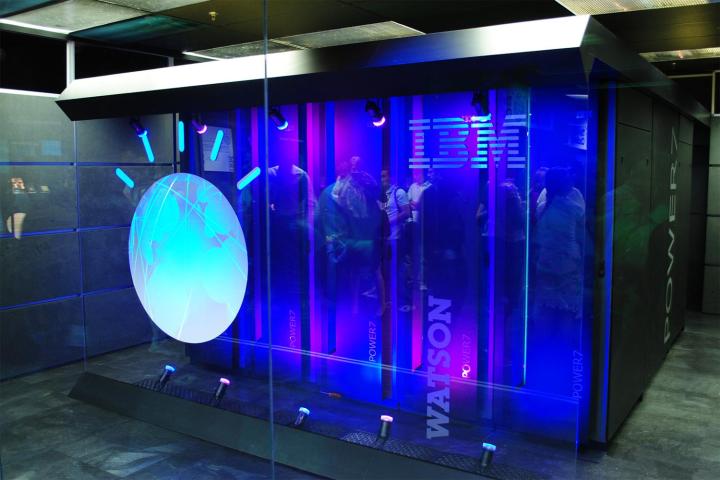
To come up with the idea, electrical engineering student Adrian Mederos and entrepreneurship undergraduate Valeria Siegrist looked to the how firefighters dealt with the recent California wildfires. During the mounting crisis, those working on curbing the flames traded information via social media channels, providing information for those in homes near the blaze. Using this same idea, Siegrist and Mederos envision smart homes utilizing the Internet of Things (IoT) to talk to each other in a way which — if a disaster occurs — turns off appliances and turns on sprinklers, for one example.

“Valeria and I know that social media is being used for crises and emergencies. If we mine the data, we can better respond during an emergency, and that’s the solution we were trying to propose,” Mederos told FIU. “The way technology is evolving, we need to react fast so that we don’t have major damages in times of emergencies. The more interconnected we are, the better we can react. It’s only logical to increase our ability to react to these situations.”
IBM joined in on the innovative fun after monitoring the students’ respective progress in other areas at FIU, officially challenging the duo to what it calls the IBM Centralite IoT Device Project. After supplying the package of Centralite gadgets listed above, Mederos and Siegrist got to work. With the help of IBM’s Watson, the team leaned heavily on artificial intelligence and advanced analytics to develop a system for assessing human emotion and reaction in times of crisis. This allowed them to create the foundation for the system’s interconnected IoT data network.
“We’re bringing a solution that solves a real problem. We want to provide the talent, and this is how students learn,” Siegrist added.
Specific to Florida, a system like Siegrist and Mederos’ boasts the capability of quickly recognizing flood patterns in a county like Miami-Dade, Florida, while transmitting necessary information to those in need. In the event of a riot, as FIU’s report points out, the system might automatically lock doors on people’s homes while simultaneously spreading the word via social media and beefing up police or security in certain areas. Moving forward, IBM and the student duo intend to meet with city officials to show off the project and display its effectiveness.
Editors' Recommendations
- SimpliSafe is now using AI to prevent burglars from entering your home
- How to convert your window blinds into smart blinds
- Google rolls out new Nest Cam features to Google Home for web
- How to use the Google Home app on a computer
- Echo Hub vs. Echo Show 8: Which is the best option for your smart home?


